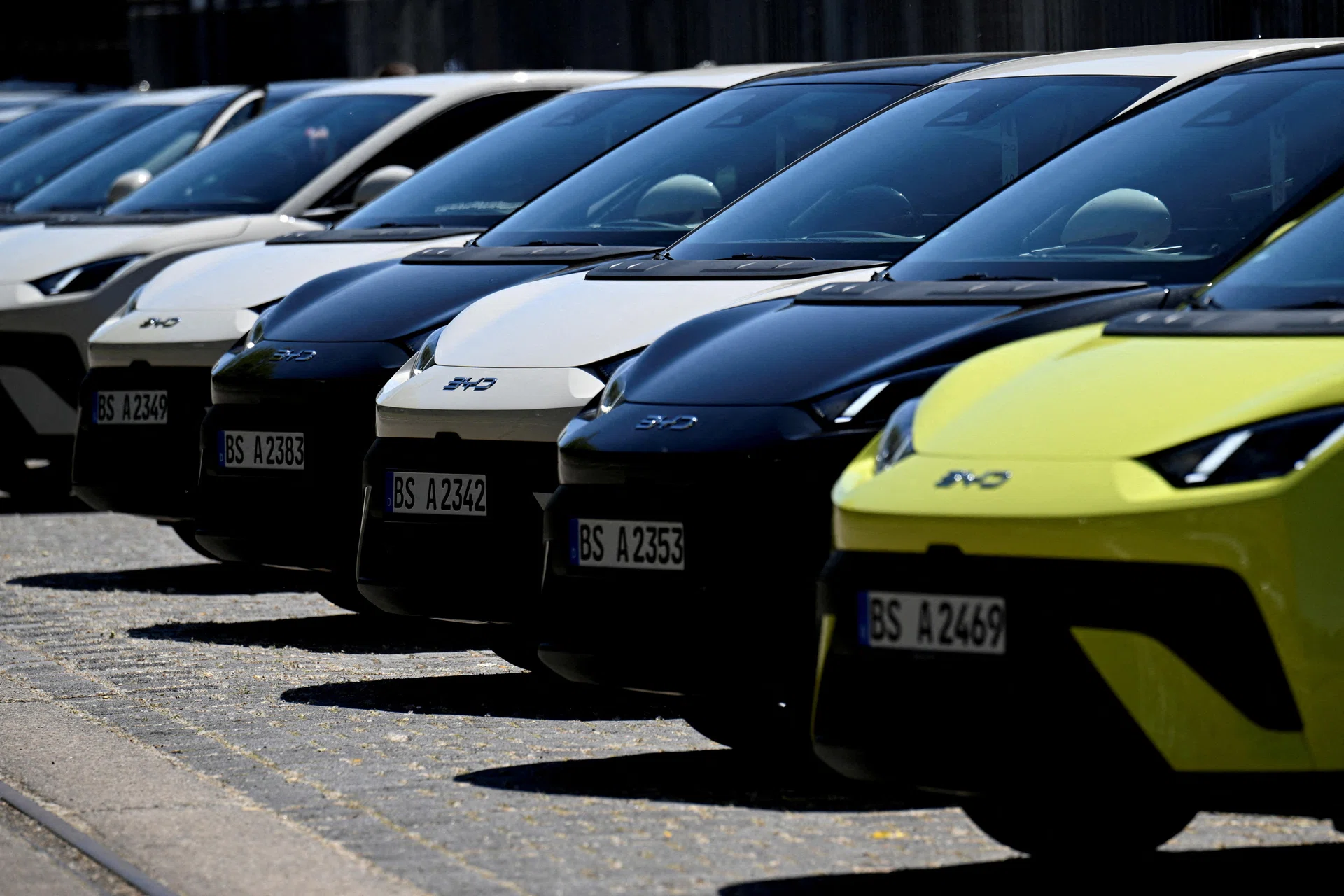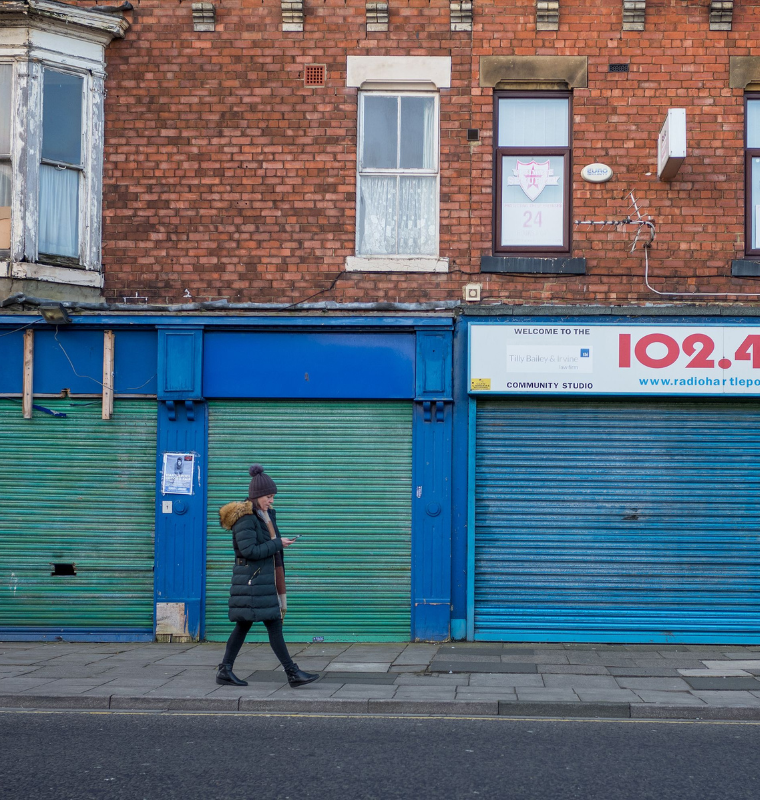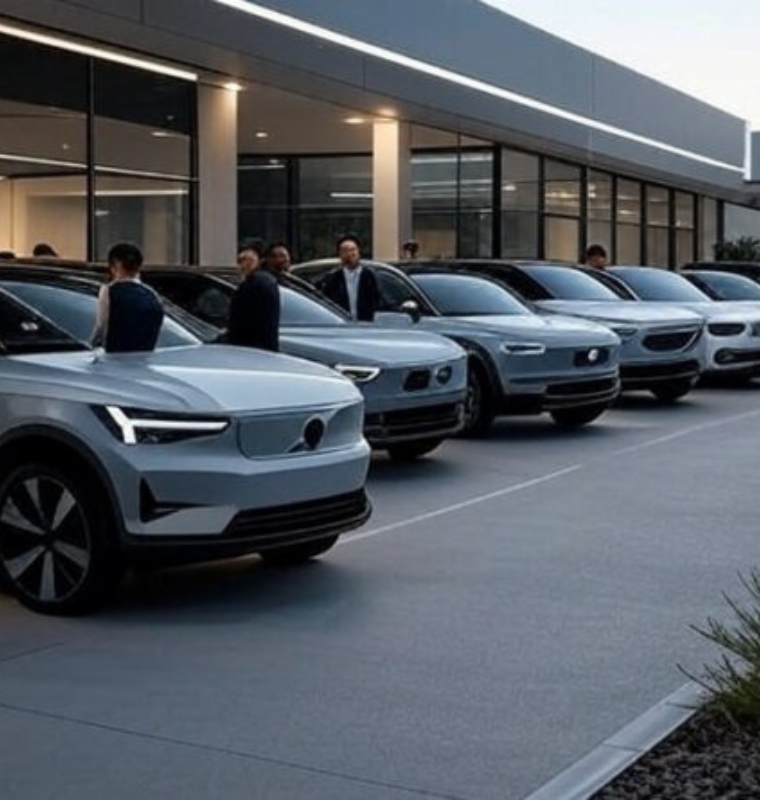China’s Premier Pushes for Price Discipline in EV Sector Amid Rising Deflation Concerns
China’s Premier Pushes for Price Discipline in EV Sector Amid Rising Deflation Concerns
By
David Goldfarb
Last updated:
July 18, 2025
First Published:
July 18, 2025

Photo: The Business Times
Beijing Cracks Down on Price Wars in Key Sectors
Chinese Premier Li Qiang has stepped into the center of China’s ongoing economic debate, calling for stricter pricing oversight in the country’s electric vehicle (EV) industry. His comments come amid escalating concerns over deflationary pressures, a bruised manufacturing sector, and intensifying competition that threatens both jobs and growth.
Speaking during a high-level economic meeting this week, Li urged automakers to strengthen cost controls, improve payment practices to suppliers, and avoid aggressive price undercutting. He emphasized that industry players must compete through innovation and quality, rather than unsustainable discounts.
Why the Focus on Electric Vehicles?
The electric vehicle sector — once a shining star of China’s industrial policy — has become a battlefield of oversupply and slashed prices. As competition escalates, many companies are selling at razor-thin margins or even losses.
According to the China Association of Automobile Manufacturers (CAAM), Chinese car sales in May rose 11.7% year-over-year, with new energy vehicles (NEVs) accounting for more than half. Yet, profits for automakers fell by 11.9%, highlighting the growing strain on business viability.
Even though volume is growing, profit margins are shrinking, prompting industry groups to demand an end to what they’ve termed “vicious competition.”
Deflation Signals Mount
China’s broader industrial sector has not been spared. In May 2025, industrial profits plunged 9.1% year-over-year. Over the first half of 2025, producer prices fell by 2.8%, according to China’s National Bureau of Statistics (NBS). These metrics reflect growing deflationary headwinds in critical sectors such as steel, solar panels, and cement.
The drop in pricing power is not limited to manufacturing. Weak consumer confidence and restrained household spending are adding further deflationary pressure, despite stimulus attempts. Li also called for policies that would boost domestic consumption, such as removing “unreasonable restrictions” and enhancing trade-in incentives for consumer goods.
Balancing Growth with Oversupply Risks
While Li's comments signal intent to address unhealthy pricing trends, economists warn that supply reduction measures could undermine China's fragile economic recovery.
“Production cuts inevitably come at the cost of growth and jobs,” said Neo Wang, Chief China Strategist at Evercore ISI. “Ensuring economic stability and employment remains Beijing’s top priority.”
Economists from Nomura and Economist Intelligence Unit (EIU) echoed this sentiment, noting that despite the rhetoric, meaningful supply cuts remain unlikely. Many firms are still eager to gain market share through price undercutting, and any informal price alliances would be difficult to enforce.
“Even if a price alliance is formed, firms can still break it to undercut competitors,” said Tianchen Xu, senior economist at EIU.
Growth Holds — For Now
Despite the price volatility, China’s economy continues to post modest growth. In Q2 2025, GDP expanded by 5.2%, exceeding analyst forecasts and keeping the country on track to meet its full-year growth target of 5%.
However, maintaining this pace while managing oversupply and deflation presents a major policy challenge. Analysts caution that without deeper structural reforms, price guidance alone may fall short of stabilizing the market.
Reform or Campaign?
Premier Li’s directive may offer short-term relief and send a message of discipline to the marketplace. But as overcapacity, weak global demand, and internal deflation pressures persist, the question remains: Is this the start of a broader reform agenda — or simply a temporary campaign to cool the noise without altering the fundamentals?
For now, Beijing appears to be walking a tightrope — seeking to contain economic distortions without sacrificing the growth momentum needed in a year already fraught with global uncertainty.
Popular articles
Subscribe to unlock premium content
Kylie Jenner’s $420M Beauty Empire Unravels: Inside the Stunning Fall of a Social Media Mogul

Britain’s Economic Decline: From Global Powerhouse to Financial Strain

Trapped by Perfection: How AI Beauty Filters Are Rewiring Our Faces—and Our Minds

Kylie Jenner’s $420M Beauty Empire Unravels: Inside the Stunning Fall of a Social Media Mogul

Britain’s Economic Decline: From Global Powerhouse to Financial Strain

Kylie Jenner’s $420M Beauty Empire Unravels: Inside the Stunning Fall of a Social Media Mogul









